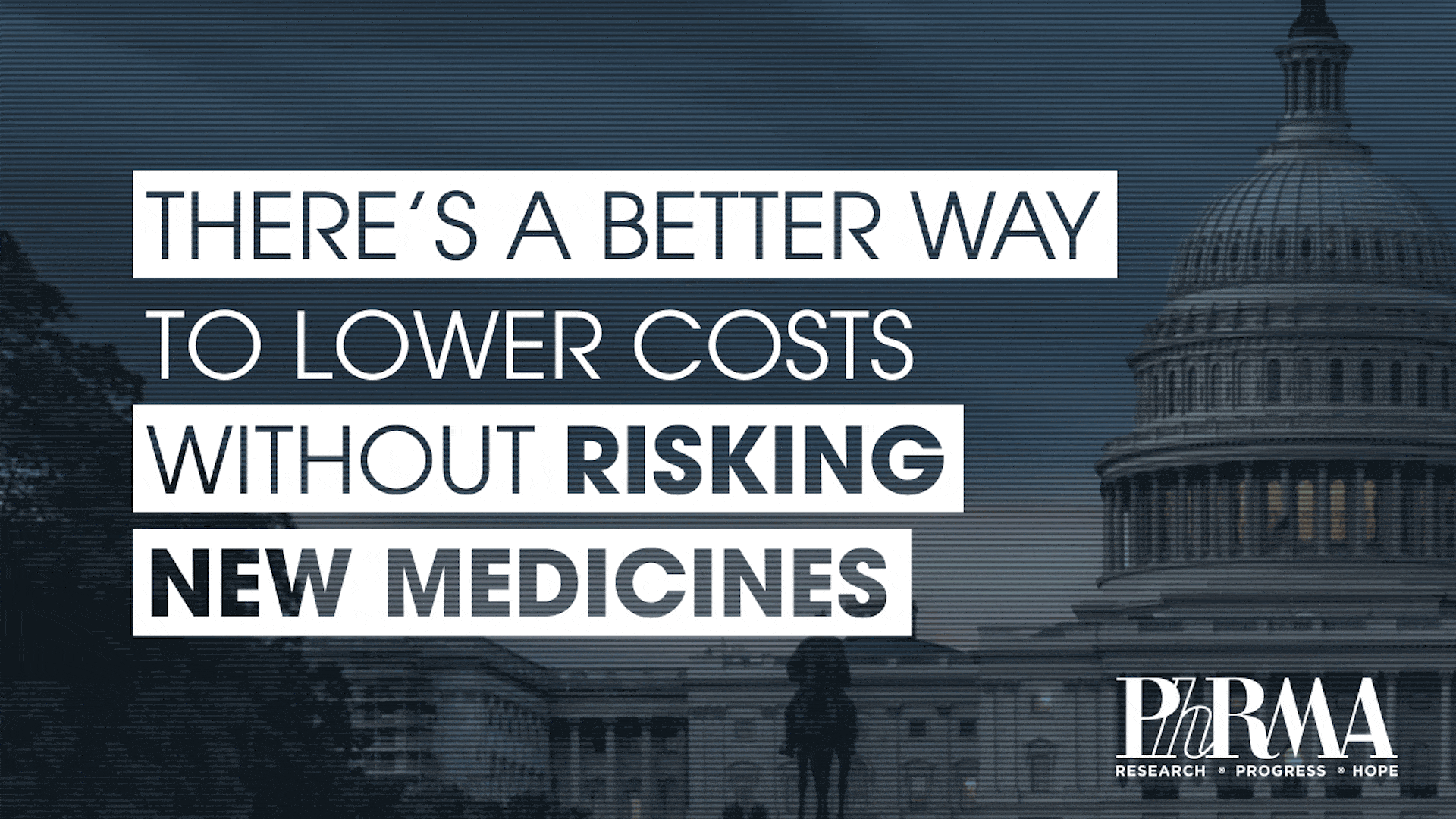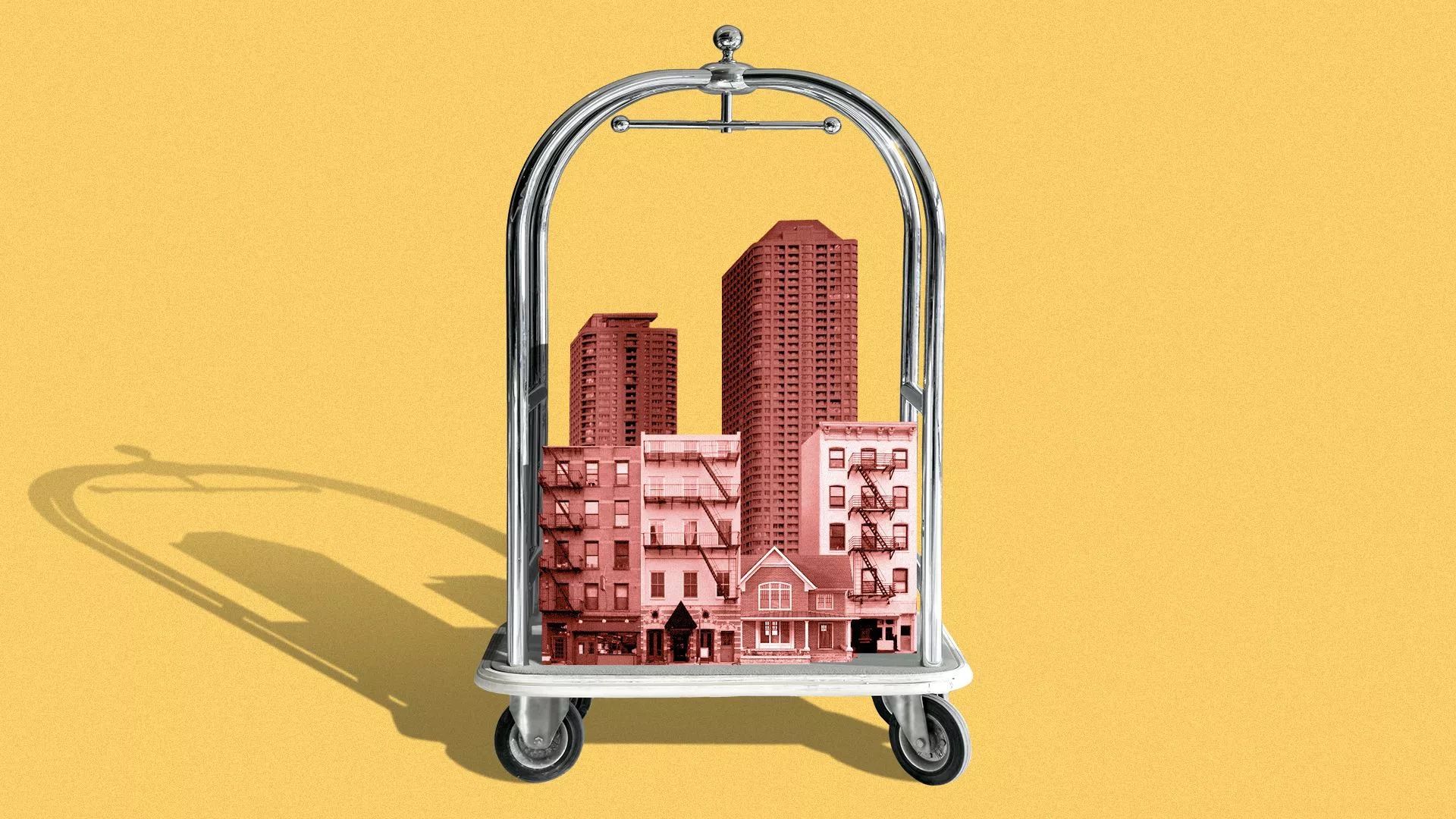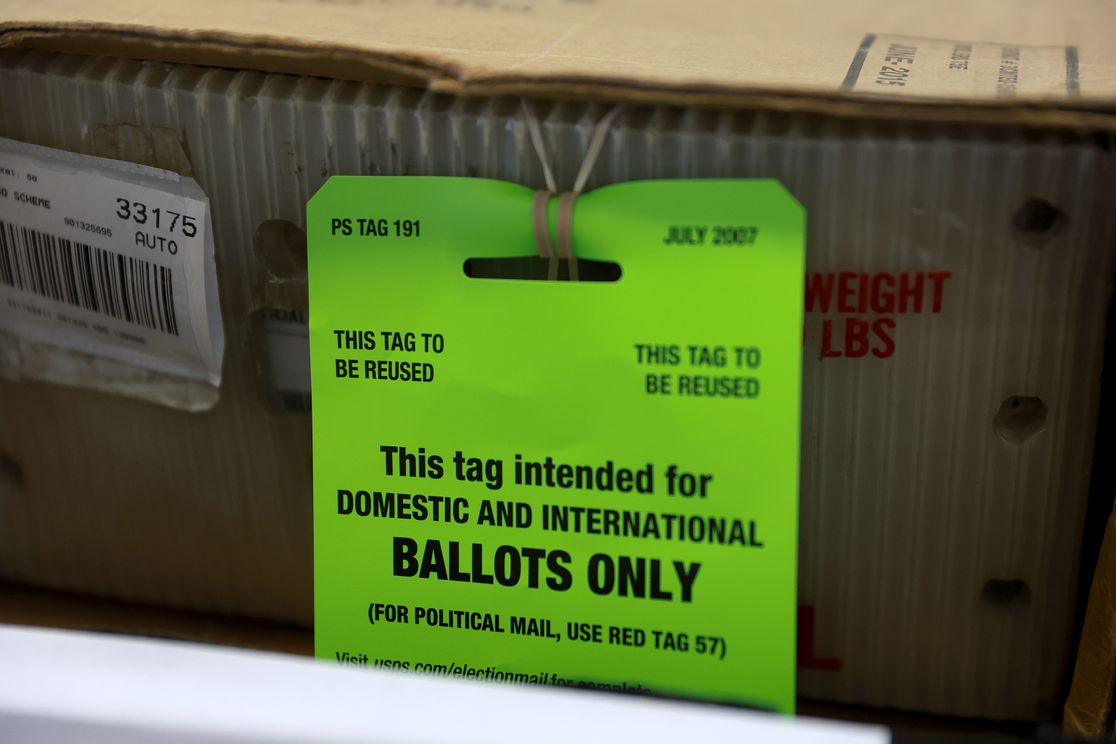| | | | | | | Presented By PhRMA | | | | Axios AM | | By Mike Allen · Jul 29, 2022 | | Happy Friday. Smart Brevity™ count: 1,477 words ... 5½ mins. Edited by Noah Bressner. | | | | | | 1 big thing: Taiwan invasion fears rise | | Taiwanese soldiers used these amphibious assault vehicles yesterday during a drill simulating an invasion by China. Photo: Annabelle Chih/Getty Images The timeline for a potential Chinese attempt to take Taiwan by force seems to be getting shorter, Axios' Bethany Allen-Ebrahimian reports from Taipei, with Dave Lawler in Washington. - Chinese President Xi Jinping warned President Biden not to "play with fire" over Taiwan yesterday, according to the Chinese readout of a call between the two leaders.
- That contentious exchange comes with Beijing threatening "serious consequences" if House Speaker Pelosi follows through on a planned visit to the self-governing island.
Why it matters: Fears are rising in the West Wing that Taiwan could become a military flashpoint sooner rather than later. China's military posture in the region has become much more aggressive, Ely Ratner, assistant secretary of defense for Indo-Pacific affairs, said this week. - While all that was happening, the Taiwanese military was conducting a five-day exercise to simulate a Chinese invasion, part of a regular schedule of defense drills conducted each year.
⚠️ Threat level: U.S. and Taiwan officials have floated various timelines for a potential invasion, often setting the horizon at 2025 or 2030. - But U.S. officials now believe China may make a strong move against Taiwan within the next 18 months, according to a recent New York Times report not based on specific knowledge of Beijing's plans.
Concerns over a potential invasion are growing in Taiwan, which has taken inspiration from Ukraine's effective defense against Russia. - Officials are considering expanding the country's mandatory military service. The Ministry of Defense issued its first civil defense handbook. Civilians are signing up for civil defense training courses.
- U.S. officials have been urging Taiwan to invest more in the kinds of asymmetric warfare capabilities, including truck-mounted anti-aircraft missiles, that Ukraine has used against Russia.
Share this story. |     | | | | | | 2. Big Tech hits brakes |  | | | Illustration: Lazaro Gamio/Axios | | | | Tech giants often sailed above the economy's turmoil. But this week's earnings reports show they can't escape the new downturn, Axios' Ina Fried writes in her weekly Signal Boost column. - Why it matters: Even as other industries struggled during the pandemic, tech prospered because so much of the economy shifted online. Now, they're preparing to take a direct hit.
Google, Snap, Twitter and Facebook parent Meta all warned in various ways about a sharper than anticipated slowdown in online advertising. - PC chip giant Intel yesterday posted disappointing numbers. Its troubles are exacerbated by its own execution problems, above and beyond a slowdown in PC sales.
- Amazon, which also reported results yesterday, saw sales growth flatten, with online sales actually down year-over-year.
Apple fared somewhat better in results posted yesterday. - But even Apple took some hits from the broader economic slowdown, including an impact on revenue from wearables and services.
🖼️ The big picture: Tech companies are hitting the brakes, especially when it comes to hiring. Just a few months ago, their biggest challenge was finding enough qualified people to fill open jobs. - While most large companies have stopped short of a full-on hiring freeze, nearly all have said they expect headcount growth to slow.
- Even Apple plans to slow its hiring pace. CEO Tim Cook told analysts Apple will continue to hire in key areas, but noted: "We are being more deliberate in doing so."
💬 Our thought bubble: Just planning for a possible economic slowdown can make the slowdown happen. - As companies cut their own advertising budgets and try to do more with less, the rest of the economy feels the bite.
Share this story. |     | | | | | | 3. Understanding monkeypox |  Data: Annenberg Public Policy Center. Chart: Simran Parwani/Axios The early stage of monkeypox isn't nearly as dangerous as early COVID. But some challenges for public health officials — educating people about a virus they're not familiar with, and mobilizing vaccination efforts — are similar, Axios' Adriel Bettelheim writes. About 20% of Americans are worried about getting monkeypox in the next three months, an Annenberg Public Policy Center survey found. - Nearly half are unsure whether monkeypox is less contagious than COVID. 69% correctly identified the way it usually spreads (through close contact with an infected person).
- Two-thirds said they either don't think there's a vaccine for monkeypox, or aren't sure. (There is a vaccine. The Biden administration said Thursday that it's allocating another 786,000 doses, on top of the more than 340,000 it distributed this month.)
- Women were more worried about contracting monkeypox than men, even though the overwhelming majority of U.S. cases have been among men.
Between the lines: Memories of false assurances and mixed messaging about the coronavirus in the early days of the pandemic are factoring into public sentiment on monkeypox, said Kathleen Hall Jamieson, director of the Annenberg center. - "There is some suspicion scientists don't know what they know, so that translates to higher worry," Jamieson told Axios.
Misinformation and conspiracy theories are also a problem. - The fact that the virus has so far spread primarily among men who have sex with men has fueled widespread perceptions that it's a sexually transmitted infection. It's not.
Share this story. |     | | | | | | A message from PhRMA | | Government price setting could mean fewer new medicines | | |  | | | | Today, there are: - 90 medicines in development for Alzheimer's disease.
- 26 for childhood diabetes.
- 119 for breast cancer.
And the list goes on — but which diseases could go untreated if Congress passes government price setting? There is a better way to lower costs without risking new medicines. | | | | | | 4. 📷 1,000 words | | Members of the Republican team celebrate. Photo: Patrick Semansky/AP During a night of rare bipartisan fun, Republicans dominated Democrats, 10-0, during the seven-inning Congressional Baseball Game for Charity at Nationals Park. - The game, which goes back 113 years, included a protest by climate activists and a rain delay. Keep reading.
Photo: Tasos Katopodis/Getty Images Above: Rep. Pete Aguilar (D-Calif.) and Rep. Colin Allred (D-Texas). |     | | | | | | 5. America's new hot pastime: The lottery |  Data: LottoReport.com. Chart: Erin Davis/Axios Visuals Americans have wagered hundreds of millions of dollars on lottery tickets just in the past two days, catapulting a U.S. lottery jackpot to more than $1 billion for only the fourth time ever, Axios' Felix Salmon writes. - Why it matters: Millions of people have bought a ticket, dreaming of what they would do with a post-tax lump sum estimated at more than $600 million.
The amount that stands to be won — even after taxes — is greater than the amount being wagered, since no one has won the Mega Millions jackpot since April 12. It has been rolling over ever since. - Statistically, that means this drawing is a rare positive-sum game — if at least one person wins the jackpot. But that is far from certain.
🧮 The chance of winning the jackpot — about 1 in 300 million — is statistically indistinguishable from zero. You're much more likely to be eaten by a shark, or struck by lightning, or even killed by an asteroid. - Don't bother buying two or more tickets: Ten times zero is still zero.
🧠 Reality check: You're not going to win the lottery. But that's not the point. The point is that with your $2 you're purchasing the dream of being able to win the lottery. - Fantasies of dynastic wealth are one of the few things you can buy with $2 these days — a price that hasn't gone up since 2017.
Share this story. |     | | | | | | 6. Rents defy economic gravity |  | | | Illustration: Lindsey Bailey/Axios | | | | Even as economic storm clouds gather and the housing market craters, the rent is still too damn high in big cities across the country — worst of all in New York. - Why it matters: In theory, the pandemic-era exodus from both coasts to the Sunbelt region should have cooled demand for NYC rentals and tamed prices. But that hasn't happened, writes Javier E. David, Axios managing editor for business and markets.
Lior Rachmany, founder and CEO of Dumbo Moving in NYC, has executed over 100,000 inbound and outbound moves since the onset of COVID. - Last year, "many people decided to go to states without state income tax," including Florida and Texas, Rachmany told Axios.
So with all that migration, why is apartment inventory still so scarce, and rents so high? - "A lot of young professionals after graduating school are choosing NYC over other cities, trying to pursue their dreams here," he said.
🔭 Zoom out: It's not just New York. - D.C. is nearly as bad: Rent.com data shows prices jumping across the board.
The Zumper rental search site shows prices spiking in "in every major city in both Tennessee and North Carolina" — two states that absorbed people who fled big cities during the pandemic. |     | | | | | | 7. 🗳️ Postal Service gears up for ballot brawls | | Carts of vote-by-mail ballots sit in a Postal Service truck at the Miami-Dade Election Department headquarters last week. Photo: Joe Raedle/Getty Images The Postal Service is creating a division to handle election mail issues, with local "election mail strike teams," AP reports. - Why it matters: Election and Government Mail Services will be a permanent division dedicated to dealing with election matters — which in the past have been handled one at a time.
|     | | | | | | 8. 🐔 1 food thing: Chicken wings as economic indicator | | Wings on a smoker named Goliath at Bubby's BBQ in Rochester. Photo: Shawn Dowd/Democrat & Chronicle via Reuters Chicken wing prices are declining after being hit by inflation and increased demand during the pandemic, Axios' Kelly Tyko writes. - Today is National Chicken Wing Day. Wingstop CEO Michael Skipworth said in a statement that the growing chain was "benefiting from meaningful deflation in bone-in wings."
Between the lines: Sliding wing prices could be an indicator of future declines in meat markets, Bloomberg reports. Deals and free wings are being offered today across the country. Businesses use the deals to build customer databases and drive loyalty. |     | | | | | | A message from PhRMA | | Patients lose when the government sets prices | | |  | | | | Government price setting cripples innovation and has potentially devastating consequences for patients. Why it's important: There are 119 medicines in development for breast cancer, but price-setting policies can change that. Tell Congress to protect access to new medicines. | | | | 📬 Invite your friends to sign up here for their daily essentials — Axios AM, PM and Finish Line. |  | | Are you a fan of this email format? It's called Smart Brevity®. Over 300 orgs use it — in a tool called Axios HQ — to drive productivity with clearer workplace communications. | | | |













No comments:
Post a Comment